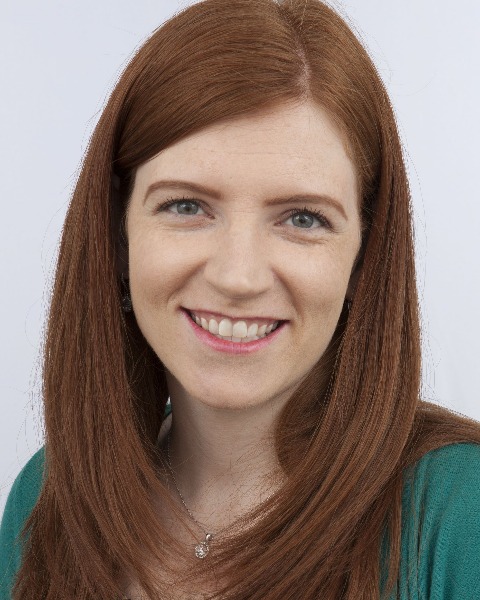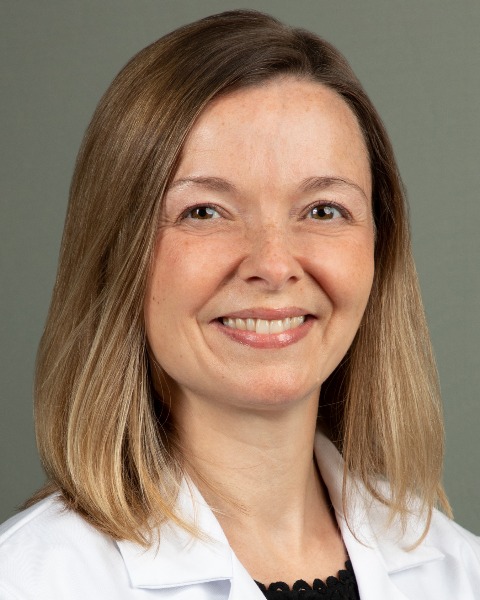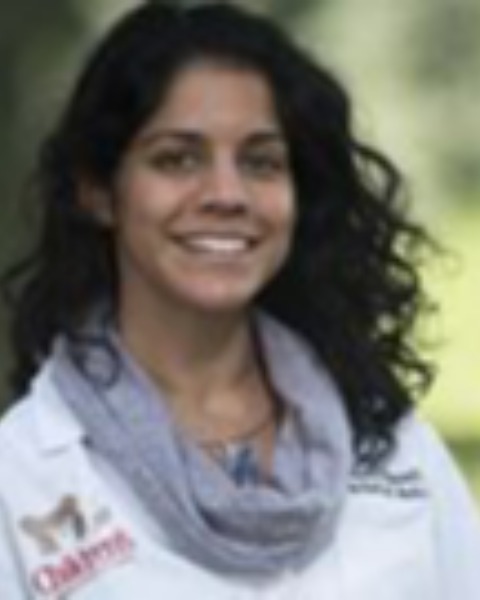Quality Improvement/Patient Safety
Trainee
iSPOT an Improvement: Taking Peer Observation and Feedback to the Next Level
-

Nicole Webb, MD, FAAP (she/her/hers)
Clinical Associate Professor (Affiliated) Stanford University School of Medicine
Valley Children's Healthcare
Fresno, California, United States -

Erin King, MD (she/her/hers)
Associate Professor of Pediatrics
University of Chicago Comer Children's Hospital
Chicago, Illinois, United States -

Priti Bhansali, MD, MEd (she/her/hers)
Professor of Pediatrics
Pediatrics
Children's National Health System
Millersville, Maryland, United States -
CG
Cherie Ginwalla, MD (she/her/hers)
Pediatric Hospitalist
University of California, Davis, School of Medicine
Sacramento, California, United States
Leader(s)
Co-Leader(s)
Workshop
Description: How do we improve performance? Often, you hire a coach. Unlike business leadership or sports, it can be hard to find a coach for clinical medicine. Evidence says that we aren’t good at “observing” ourselves, even if we perceive ourselves to be adept at self-reflection. Peer observation and feedback (POF) programs address these challenges by providing direct observation with structured feedback that leads to concrete strategies for improvement.
In this interactive workshop, participants will examine the literature surrounding POF programs in pediatrics. We will introduce the national AAP-sponsored iSPOT (Increasing and Standardizing POF in PHM Teams) program created by the facilitators. Polling regarding participant experience with POF will inform small group discussion in which facilitators will guide participants through a framework for creation or adaptation of a POF program.
In the first activity, participants will work together to creatively plan a POF program in their domain of interest, such as family centered rounds, telemedicine, documentation, procedures, clinical care, or teaching. Together, we will address POF priorities, considerations, and logistics.
Next, we will introduce a novel way to leverage POF, focusing on its use as a tool for promoting equity in clinical care and teaching. In small groups, participants will practice POF with an equity lens via structured cases and facilitated discussion. Finally, participants will develop a POF action plan for their home institutions and share peer feedback. Attendees will leave with a roadmap for development or augmentation of their own POF program, as well as a toolkit of useful resources.
Learning Objectives:
- Describe the value of peer observation and feedback programs for pediatric providers and the features of effective peer observation models
- Apply a framework to create or refine a peer observation and feedback program in a variety of distinct domains
- Practice peer observation and feedback as a means to promote health equity
